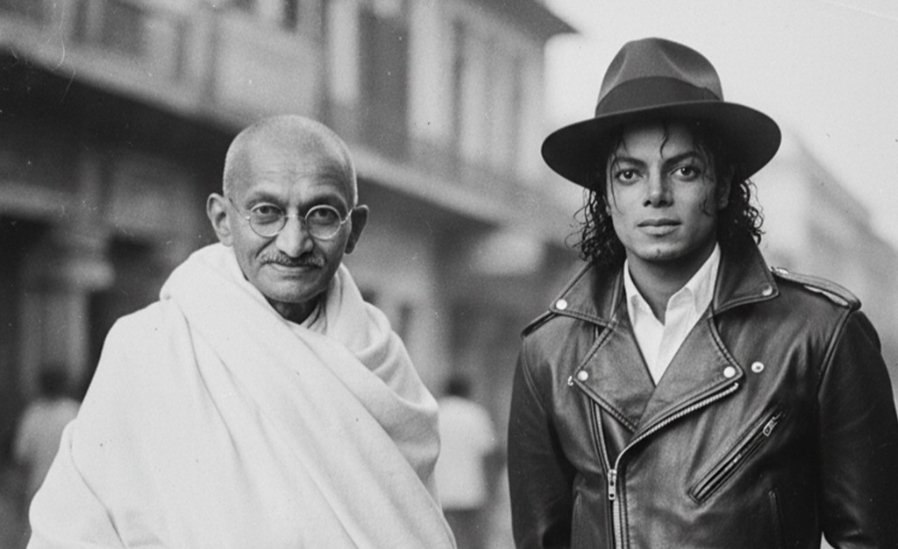
Umberto Eco, March 2010, Paris. Credit: Flickr / Abderrahman Bouirabdane
I am of the firm belief that even those who do not have faith in a personal and providential divinity can still experience forms of religious feeling and hence a sense of the sacred, of limits, questioning and expectation; of a communion with something that surpasses us.What you ask is what there is that is binding, compelling and irrevocable in this form of ethics.
I would like to put some distance between myself and the subject. Certain ethical problems have become much clearer to me by reflecting on some semantic problems – don’t worry if people say this discourse is difficult; we are perhaps encouraged into easy thinking by the ‘revelations’ of the mass media, which are, by definition, predictable. Let people learn to ‘think difficult’ because neither the mystery nor the evidence are easy to deal with.
My problem was whether there were ‘semantic universals’, or basic concepts common to all humanity that can be expressed in all languages. Not so obvious a problem once you realise that many cultures do not recognise notions that seem obvious to us: for example, that certain properties belong to certain substances (as when we say ‘the apple is red’) or concepts of identity (a=a). I became convinced that there certainly are concepts common to all cultures, and that they all refer to the position of our body in space.
The article is available for free until the end of March. To read it in full, click here.












